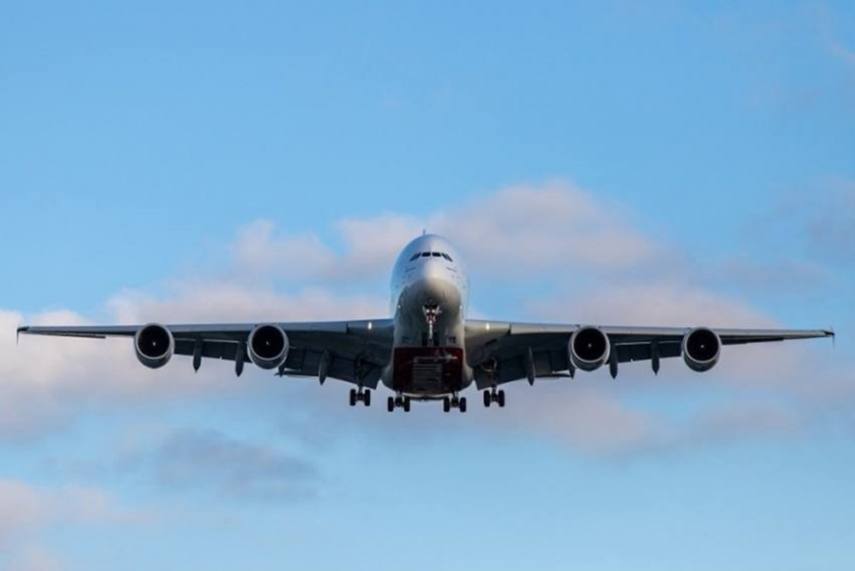According to the Russian news agency, Germany will soon add India to its list of high-risk countries.
According to the latest developments in terms of travel restrictions, owing to the overwhelming rise in the coronavirus cases, Maldives, Germany, Italy and Bangladesh have joined the list of countries that ban entry of travelers from India with immediate effect.
As per the reports, now only German nationals and holders of a German resident permit travelling from India are allowed to enter there. However, as per the TOI report, Lufthansa and Air India say they are not suspending flights between the two countries.
Meanwhile Italy has barred foreign travelers who have been in India in the past 14 days from entering the country, considering the worsening COVID situation in India. Italian residents in India will be allowed to return with a COVID-19 negative test result before departure and on arrival, when they will have to go into quarantine.
On Sunday, Maldives tourism minister tweeted, “With effect from April 27, (Maldives’ health authorities) suspends tourists travelling from India to Maldives from staying at tourist facilities in inhabited islands.”
With effect from 27 April @HPA_mv suspends tourists travelling from #India to #Maldives from staying at tourist facilities in inhabited islands. We thank you for the support in our endeavour to make tourism safest possible with minimum inconvenience.
— Ministry of Tourism (@MoTmv) April 25, 2021
As the coronavirus cases are dauntingly spiraling up, countries across the world have imposed fresh restrictions on travelers from India. Other countries to have banned or restricted travelers from the country include UK, UAE, Canada, the US, Oman, Hong Kong, New Zealand, Australia, Pakistan, Kuwait and Singapore.
Besides, on Saturday, German Health Minister Jens Spahn tweeted (English translation), “The newly discovered virus mutation in India worries us very much. In order not to jeopardise our vaccination campaign, travel to India must be significantly restricted. Therefore, the federal government will shortly declare India a virus variant area. From Sunday night, only Germans from India are allowed to enter, they they must also be tested before departure and immediately after entry into a 14-day quarantine.”
Only German citizens will now be able to cross into Germany from India, as the rule came into effect from Sunday evening. According to the Russian news agency, Germany will soon add India to its list of high-risk countries.
Under the new COVID19 travel rules for travelers from India to Germany, “transit via Germany to any Schengen destination is only permitted for German nationals and holders of a German resident permit. Transit to any non-Schengen destination is permitted for all nationalities. Holders of German short and long term visas are not allowed to enter Germany. Students on new German student visa and not holding a resident permit of Germany are not allowed to enter Germany… Members of a foreign diplomatic mission or Consular office and their accompanying close family members whose appointment and arrival into Germany has been notified to to the German Federal Foreign Office are allowed to enter Germany.”
“All passengers must hold a negative Covid-19 test result at time of departure. The sample given for proof of negative Covid-19 test must not be older than 48 hours from the from the planned arrival into Germany. All passengers must register under the following link https://www.einreiseanmeldung.de/ ,” the new rules say.
In addition, TOI quoted a Lufthansa spokesman, “airline will continue operations between India and Germany. The new entry restrictions for flights from India to Germany set by the Federal Government of Germany will be implemented accordingly. Maintaining flights between India and Germany, among other things, ensures a minimum level of connectivity. In this way, people are still able to perform socially, economically important tasks or to simply get home. Additionally, diplomats are relying on our flights. Furthermore, Lufthansa is using the belly capacities on its passenger aircraft for essential cargo and to maintain important value chains.”













![Hotstar Premium Cookies 2019 [*100% Working & Daily Updated*] Hotstar Premium Cookies 2019 [*100% Working & Daily Updated*]](https://tahav.com/wp-content/uploads/2019/11/Hotstar-Premium-Cookies-Free-100x70.jpg)



